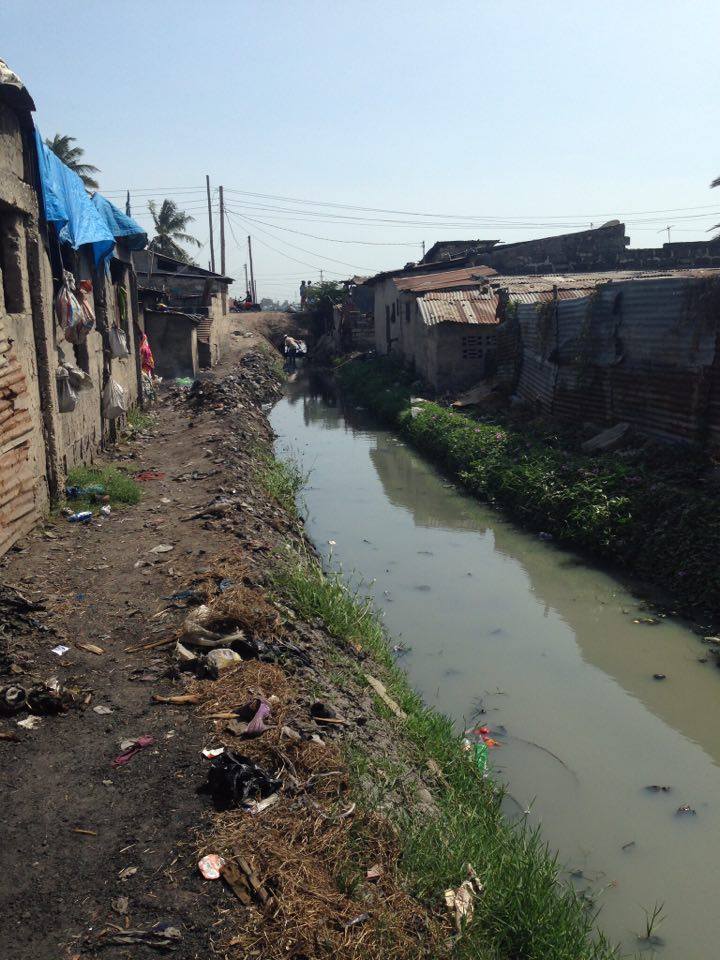Femke Gubbels studied Cultural Anthropology and Development Sociology in Leiden and graduated in 2014. After a year of working she pursued a MSc in Urbanisation and Development at the London School of Economics and Political Science. For her thesis, she conducted fieldwork in Dar es Salaam, Tanzania. In this blog she shares her experience and outlines how ethnography continued to form the foundation of her research.
Today very little doubt remains that climate change indeed is a function of human activity. Its effects are already felt in different places on the globe, which raises important questions about who is causing it, who is bearing the brunt of its consequences, and who is responsible for dealing with it. Climate impacts are not neutral facts or an environmental ‘given’: who is at risk is often dependent on socio-historical processes that disadvantage certain groups of people over others.
After the Paris Agreement as proposed during the COP21 much political momentum for climate action has been mobilised. Never before have such a large number of countries signed a global agreement. Multiple countries have already proceeded to ratify the agreement too. While this is a remarkable diplomatic effort which we can surely call a milestone, the commitment by countries to ensure emissions remain ‘well below 2 degrees’ are not to be seen as an end goal itself, but rather as an opening bid towards in which huge efforts have to be invested – not only to realise these targets but to push them even further.
Traditionally policy has primarily focussed on mitigation. This is extremely important given the fact that emissions need to be brought down radically. However, as the impacts of climate change are already experienced in several frontline geographies, adaptation is critical too – as enshrined in the Paris Agreement – and more clearly outlined in the Nairobi Work Programme. But what does adaptation mean for those people living on the frontline of climatic changes? And what are the consequence of living in a place that has been identified as high-risk?

Dar es Salaam has seen a significant increase in frequency and severity of floods that disproportionally affect informal settlements, as they are often located in flood-prone areas. The city’s low-lying coastal geographical positioning and rapid urbanisation increasingly pressurize the urban infrastructure. Climate change does not stand alone and intersects with socio-economic and political factors through which uneven urban environments are produced. Therefore, adaptation translates into different initiatives in different parts of the city. By focusing on informal settlements and talking to long-time residents of Dar es Salaam, I aimed to disentangle how abstract technical notions of adaptation were situated locally by those who are dealing with environmental risks as an everyday reality.
Although my masters were part of the Geography and Environment department, the research methods I chose to employ were not too distant from ethnography – with the major exception the limited time I was able to spent in the field. Taking a qualitative approach, I conducted semi-structured interviews, but also engaged in participant observation, walking interviews through the area I sought to study, and attending local workshops relevant to understanding my topic. But what stuck best from my anthropology days are some of the ethical considerations of doing fieldwork. Who am I to claim knowledge on the topic? How will my research impact the people I am working with? Am I just gathering knowledge for the sake of gathering knowledge (and in my case obtaining a degree), or can I actually leverage some of the outcomes to benefit local communities? Is that my responsibility? And how does who I am and my positionality influence the interactions I have with people in the field?
These questions are not easy and only begin to outline the very complex deliberations of conducting research, yet are all too often not carefully considered or dismissed as petty. Therefore, I feel fortunate to have had such a rigorous training during my BA in Anthropology that stressed the importance of reflexivity, positionality and situating knowledge. Although especially during your first year the concepts may seem vague or distant, once you go into the field – wherever that may be – you will soon realise their importance. So if you are currently immersing yourself in ethnography and trying to plough through Rabinow, Clifford and Marcus, Butler, or Haraway, remember this blog and my reassurance that it won’t be to no avail!
